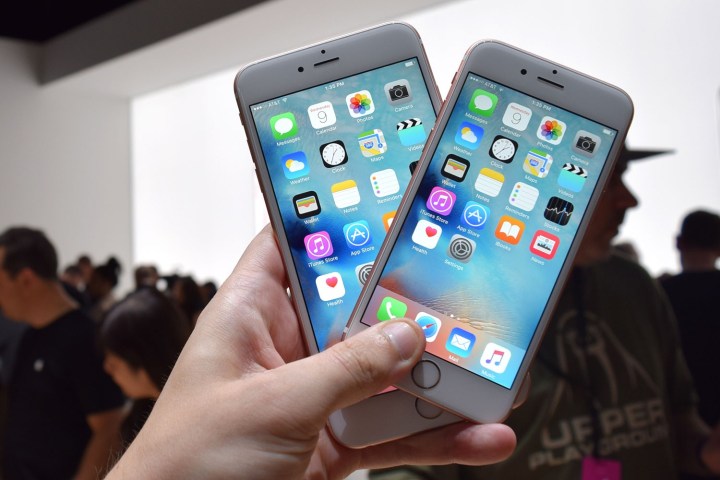
Similar to India, Apple does not officially sell iPhones in Iran, even though the company is reportedly in negotiations to change that. Even so, 40 million Iranians are reported to use smartphones, with millions of iPhones said to be smuggled into the country.
As a result, Iran’s anti-smuggling office has begun an effort that requires all mobile phones, smart or dumb, to be registered with the country’s telecommunications database. The agency singled out the iPhone, saying that if Apple does not officially register in Iran, the company will have its products banned from the country. However, folks who previously owned iPhones will not be affected.
“If Apple will not register an official representative in Iran within the next few days, all iPhones will be collected from the market,” said the anti-smuggling office director.
Even though the effort is backed by mobile operators and the government, the Tehran IT union is not nearly as thrilled. More specifically, the group is not too sure about the logistics of how Iran plans to collect millions of iPhones if Apple’s representative does not show up.
“Collecting this huge number of iPhones will not be easy,” said the head of the union.
Furthermore, the group raised security concerns, worrying about potential hacking of the telecommunications database. On a wider scale, there are questions as to how the Iranian government will use the data, particularly since Amnesty International’s yearly report accused the country’s government of having “severely curtailed the rights to freedom of expression, association, and assembly, arresting and imprisoning journalists, human rights defenders, trade unionists, and others who voiced dissent, on vague and overly broad charges.”
This is not the first time Iran attempted to rein in technology, however. In an effort to place tighter controls on foreign social media and messaging apps, the country established new regulations that forced messaging companies to transfer data linked to citizens into Iran. Seemingly more outlandish was Iran’s belief that Kim Kardashian and Instagram acted as “foreign” agents who corrupt its web users.


